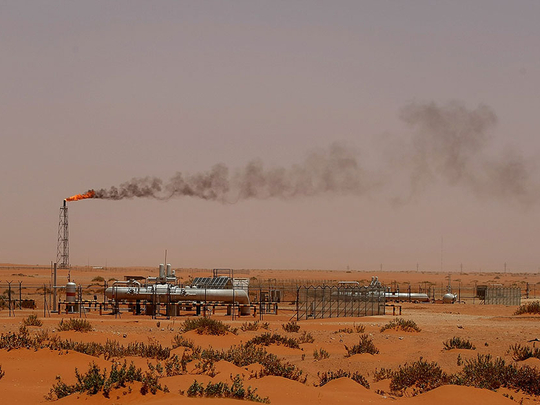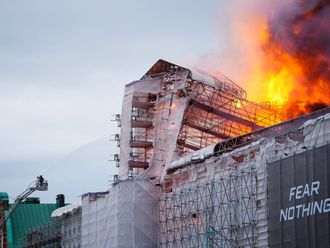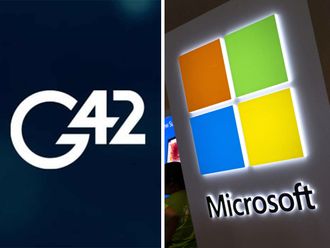
LONDON: When one financial adviser heard about Saudi Arabia’s plans to list a company larger than the economies of most nations, he had to pull over his car.
Saudi Arabian Oil Co., or Aramco, the world’s largest oil producer, said Friday it’s considering an initial public offering. It confirmed an interview with Prince Mohammad Bin Salman Bin Abdul Aziz, Deputy Crown Prince, Second Deputy Premier and Minister of Defence of Saudi Arabia, published in the Economist Thursday. The news was greeted with incredulity in the financial industry, according to interviews with a half dozen bankers who do business in the Middle East. They asked not to be identified to protect their business interests.
For one thing, Aramco’s inner workings are opaque, making its true value a mystery. Then there’s the timing. The price of crude oil is near its lowest level in more than a decade. Discussions with Aramco about selling assets in the past had been about much smaller parts of the business, five of the people said. An initial public offering of the entire enterprise had only ever been discussed as a joke, one of the people said.
The company could be worth anything from $1 trillion (Dh3.67 trillion) to upwards of $10 trillion, which would make it the most valuable company in the world, according to a note from Jason Tuvey at research firm Capital Economics. The last mega IPO from the oil industry was a decade ago, when Russia’s OAO Rosneft raised more than $10 billion.
Even if Saudi Arabia sells a small stake, a listing could easily surpass that of Alibaba Group Holding Ltd. whose $25 billion IPO is the largest on record. Still, Aramco is unlikely to list on the biggest exchanges, according to Bloomberg oil strategist Julian Lee. That would require the government to give investors more detailed information about Aramco’s reserves and production capacity, something oil-producing nations consider state secrets, he said.
Saudi Arabia typically sells stakes in state-owned companies to the public at below market value as part of its efforts to redistribute wealth. National Commercial Bank raised $6 billion in 2014 in the Middle East’s largest share sale.
As the bankers do the sums, a big IPO won’t necessarily translate into big fees. Governments often pay low fees on their exits. The bankers, lawyers and accountants split 25 million Saudi riyals (Dh24.45 million; $6.65 million) for National Commercial Bank’s IPO, about 1 per cent of the deal size. That compared with average listing fees for bankers alone of 2.7 per cent in Europe, the Middle East and Africa in 2014, according to data compiled by Bloomberg.
Facing the possibility of a record-breaking IPO, bankers are fielding frantic phone calls from head offices asking why they didn’t know this was coming and are preparing to spend the weekend figuring out how serious Prince Salman is, two of the people said.












